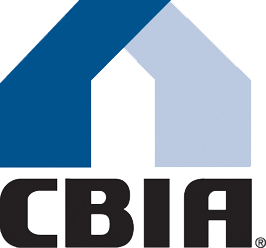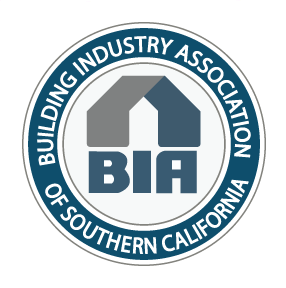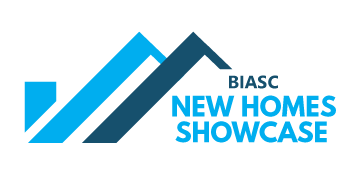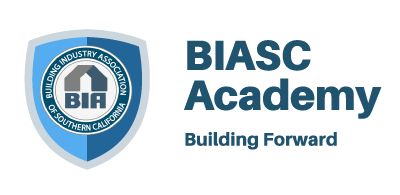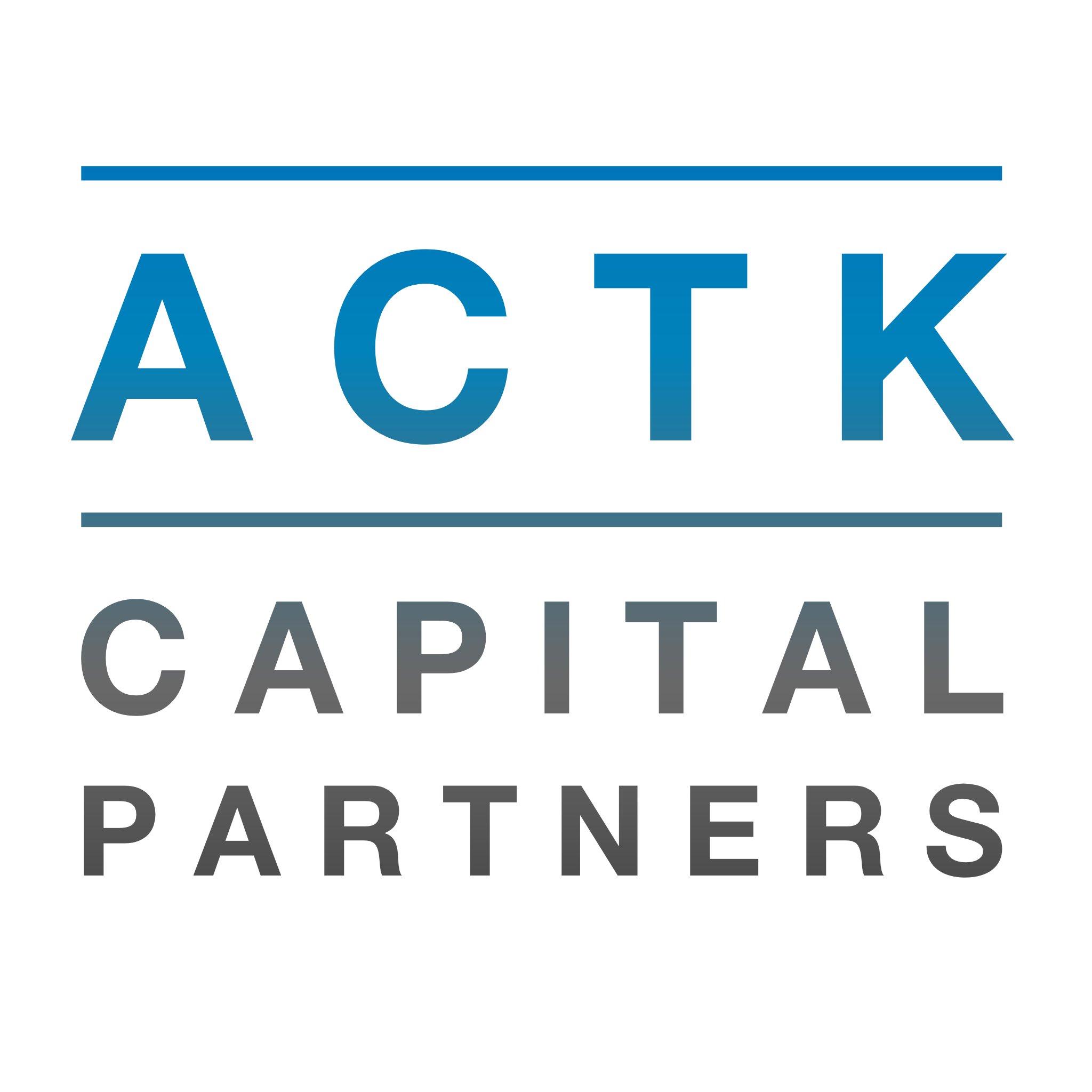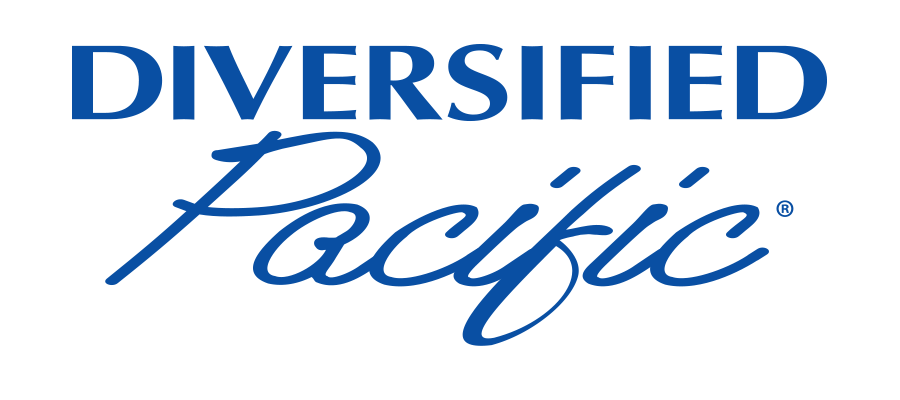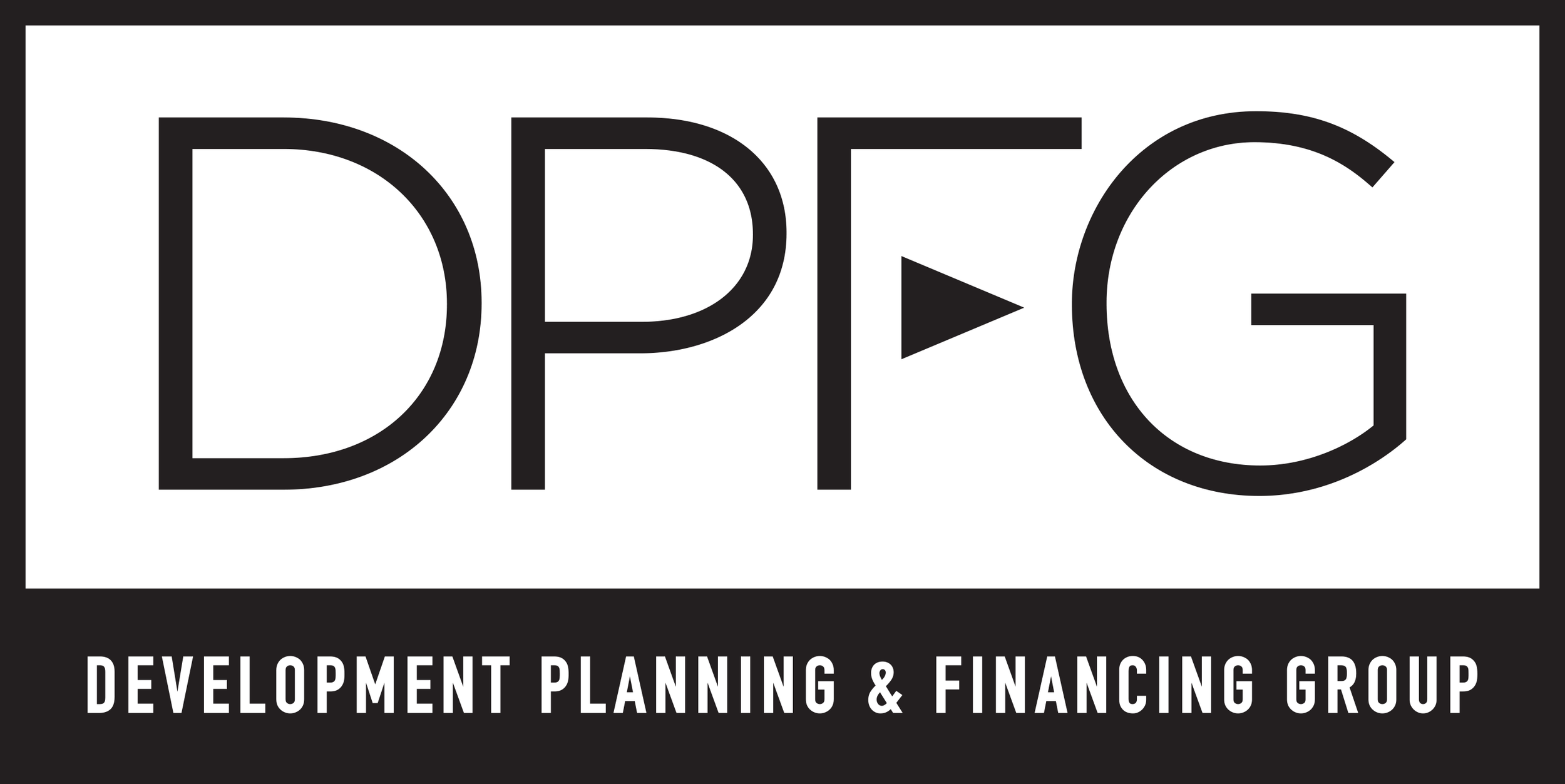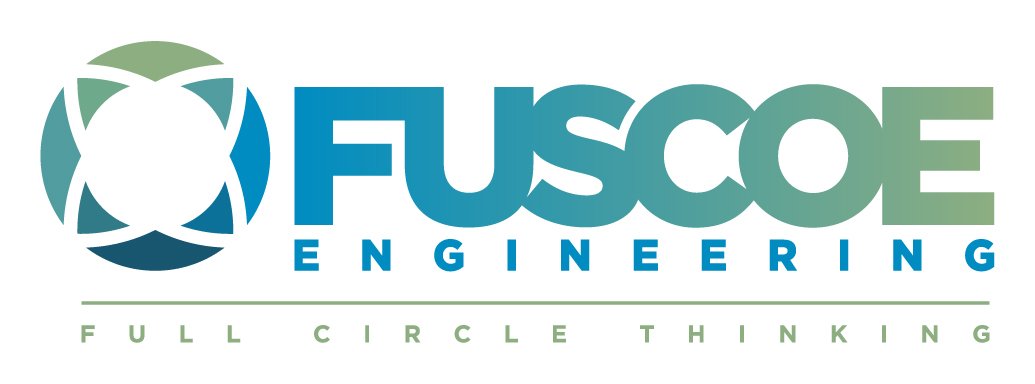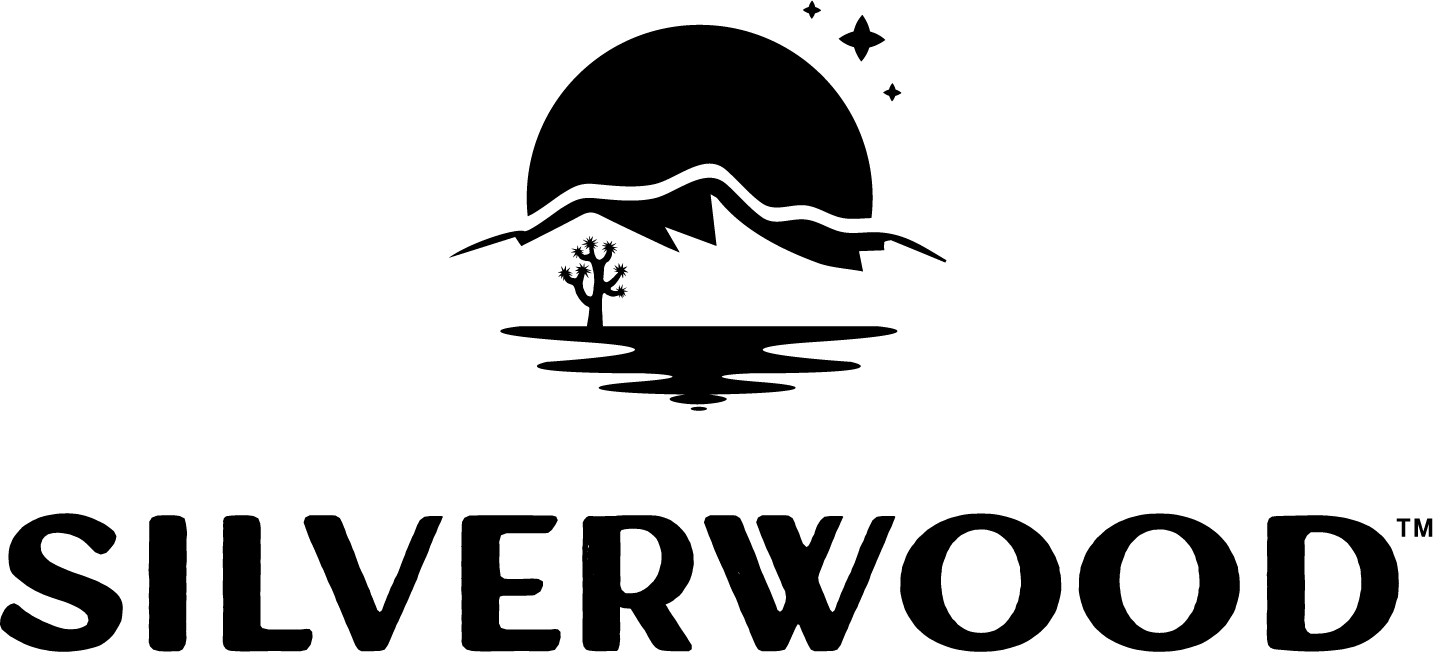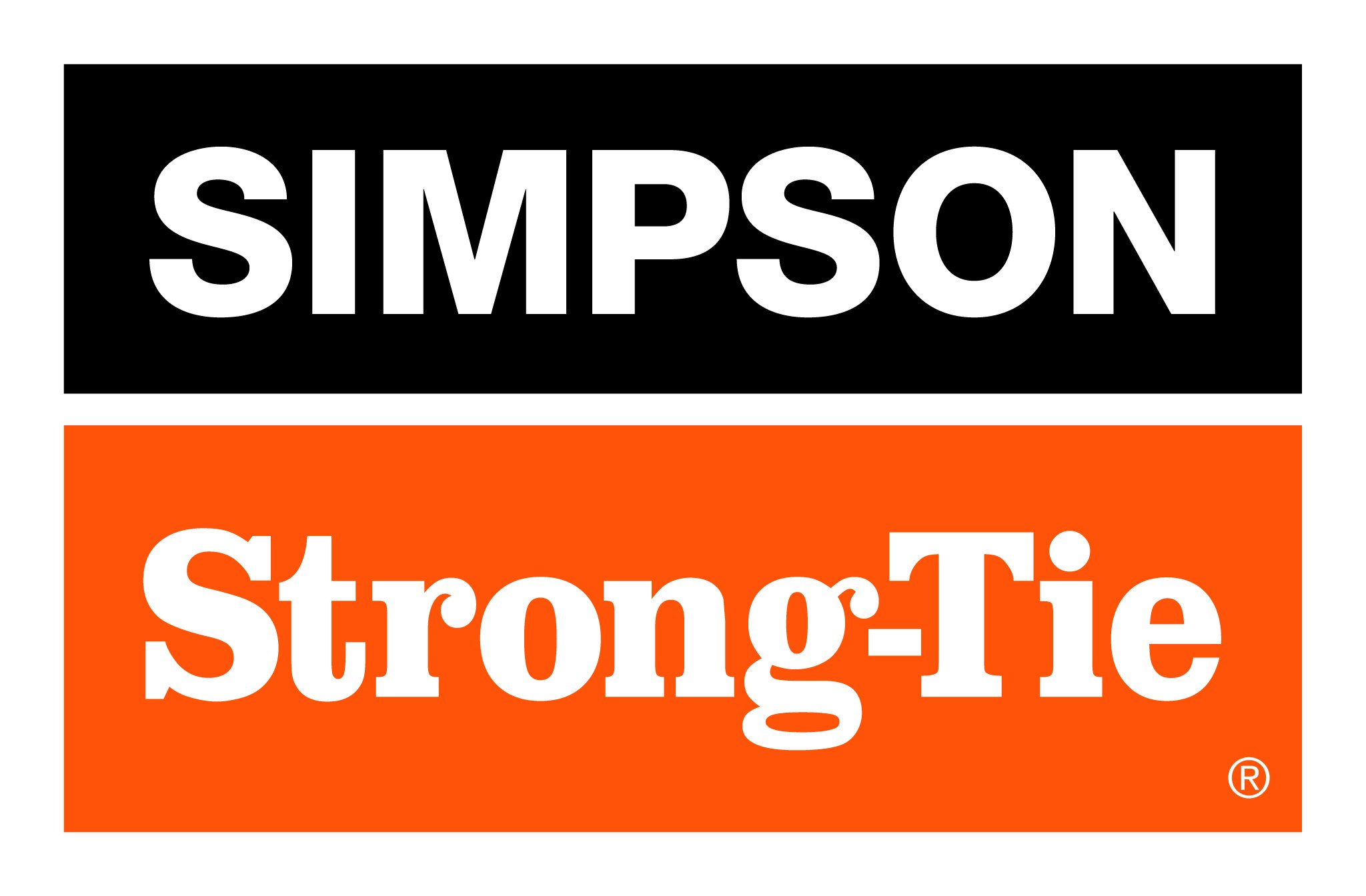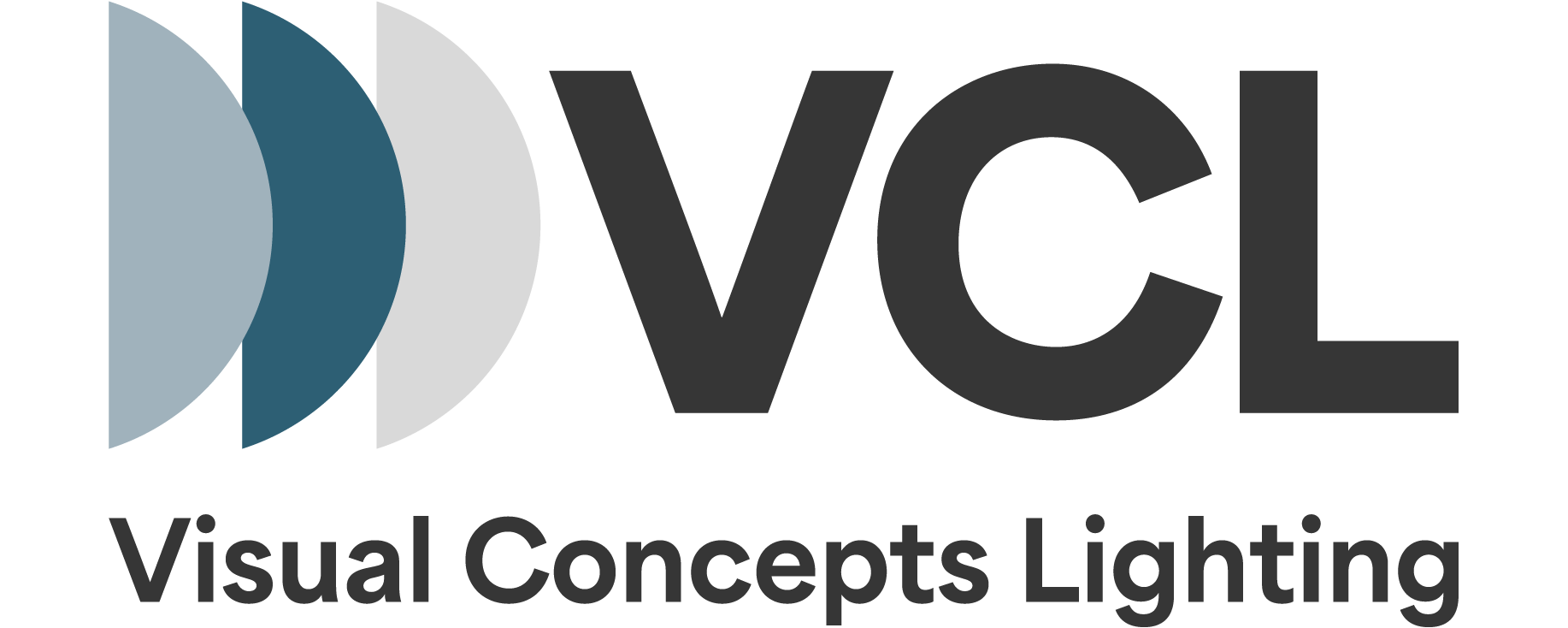By Ali Sahabi of Optimum Group, LLC
President, Building Industry Association (BIA) Baldy View Chapter
As anybody who has made the transition from renter to homebuyer can attest, one of the best ‘perks’ or benefits of homeownership is the positive impact homeownership has on your credit rating and your ability to secure the best rates when you do use credit. So addressing any credit issues you might have now should be the first step you take before shopping for a new home.
No matter what shape your credit is in, start by ordering your free credit file disclosure (known as your credit report) from www.annualcreditreport.com. This website, the only one authorized by federal law, allows you to request a free credit report online, by phone or by mail once every 12 months from each of the nationwide consumer credit reporting companies: Equifax, Experian and TransUnion. You'll notice that the report is organized into sections detailing your personal information, a credit summary, your account information, additional inquiries (other potential creditors who also want to examine your credit history) and collections and public records. You should also receive summaries of your rights under state law and the Fair Credit Reporting Act along with information on how to dispute misinformation found in your report.
Your credit score provides a potential lender the single most important piece of information required to calculate the mortgage rate and the amount that can be borrowed. Mortgage lenders, insurance companies and even prospective employers will use your credit risk score to determine whether or not you’re a good risk. Lenders use a variety of scoring models to determine your creditworthiness, but the one used by most lenders is the FICO or FICO Classic score, created by the Fair Isaac Corporation. FICO scores range from 300 to 850 with higher numbers being better than lower scores. If all of your scores fall below 650, that may indicate that you need debt or credit counseling.
If you find that only one score from the three reporting companies is considerably lower than the others, find out if it is due to a mistake or an issue with a current lender. If so, contact them immediately and follow up every conversation with a letter summarizing the discussion. If the scores align, scoring agencies will provide information about problem areas such as late payments or having too many open lines of credit. These issues can be corrected over time by making prompt payments, paying more than the stated minimum payment and lowering existing balances. If some of the problems bringing your score down occurred a long time ago and may have been triggered by temporary economic setbacks, consider consulting with a debt counselor as to how to make the case that your present circumstances make you a better risk. Check with your bank or your local chamber of commerce to find a reputable debt counselor near you.
Make sure that you’ve not charged up debt more than about 20 percent of your available credit. If you have cash in the bank, consider whether or not your credit rating might be better served by paying down your credit cards. Always pay more than the minimum payment. That tells creditors that you’re using your credit wisely. Make sure you make the biggest contributions to those cards with higher balances or interest rates - even if it means taking longer to pay down those particular accounts. Then, continue making diligent and timely payments, avoid any major purchases that push your credit and refrain from opening new lines of credit.
The Building Industry Association (BIA) Baldy View Chapter seeks to advance the opportunity to attain the American Dream of homeownership. For more information on homebuying, selling, finance or improvements; visit www.biabuild.com on the web.
And have a great Labor Day.



